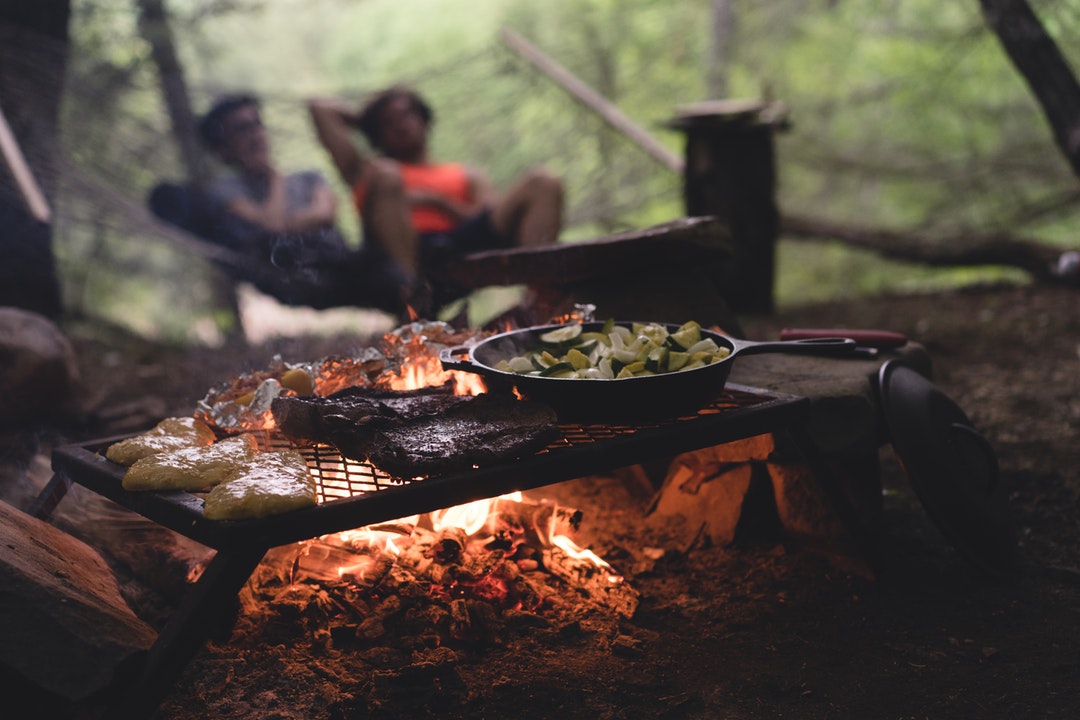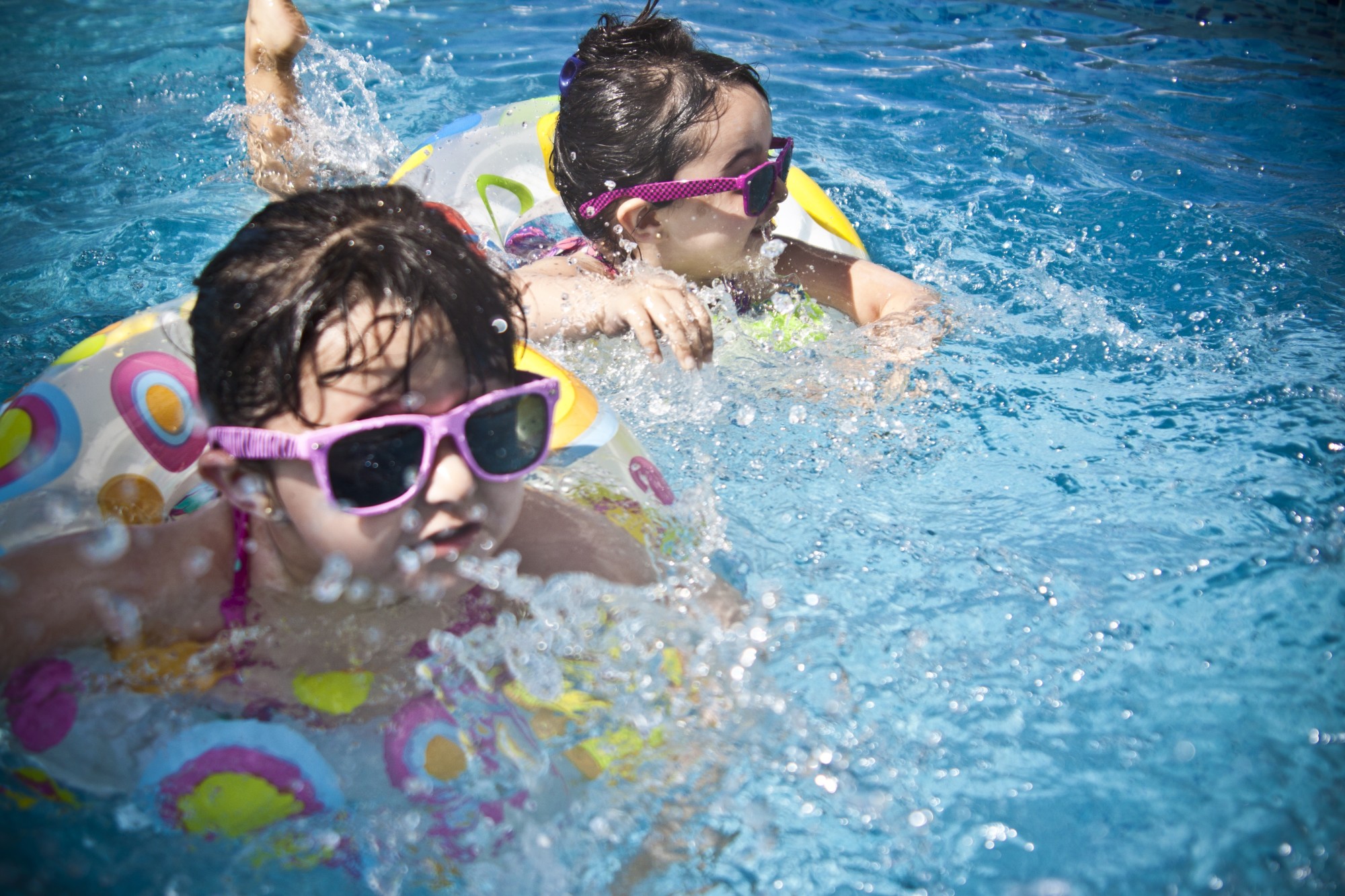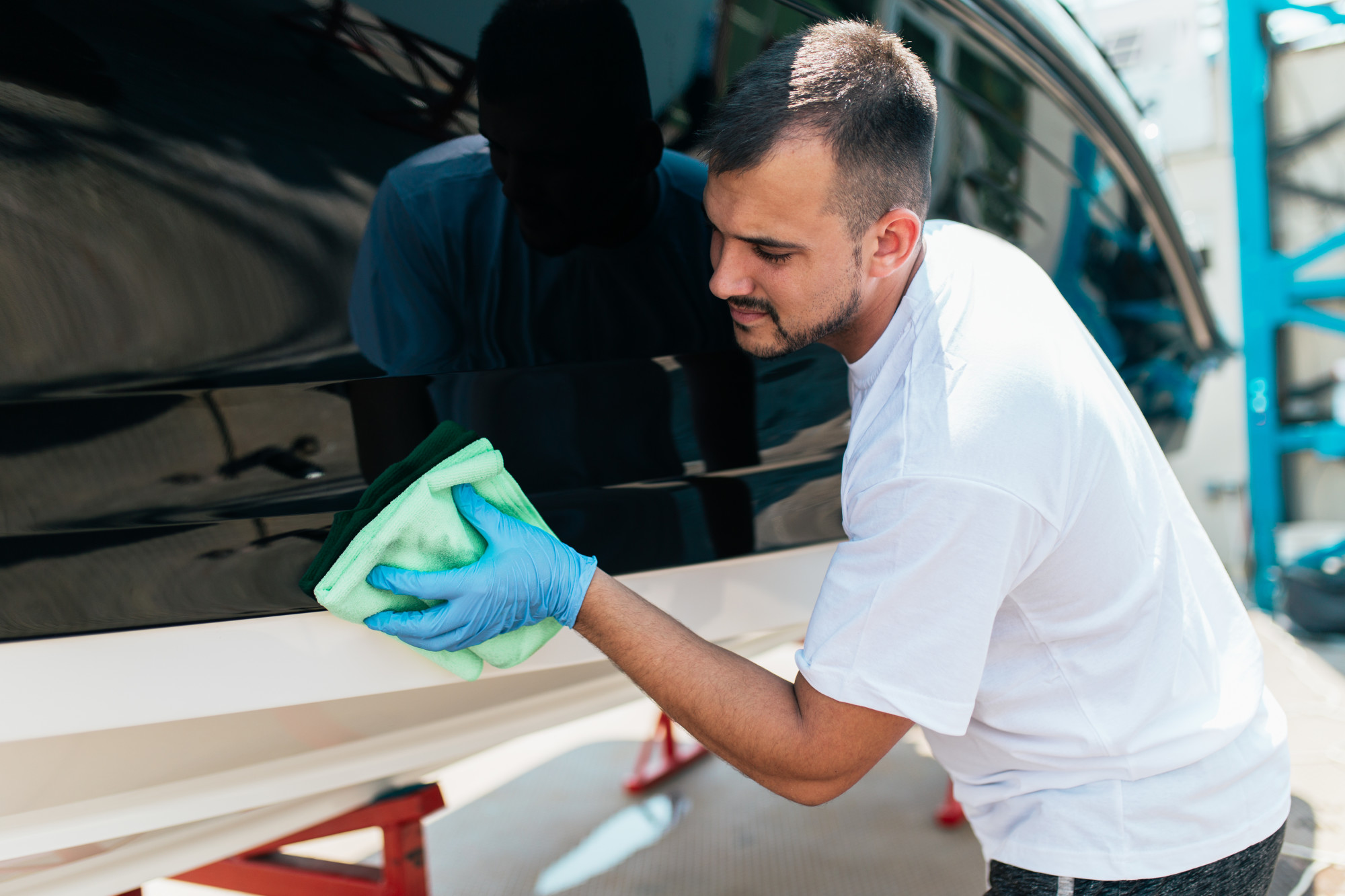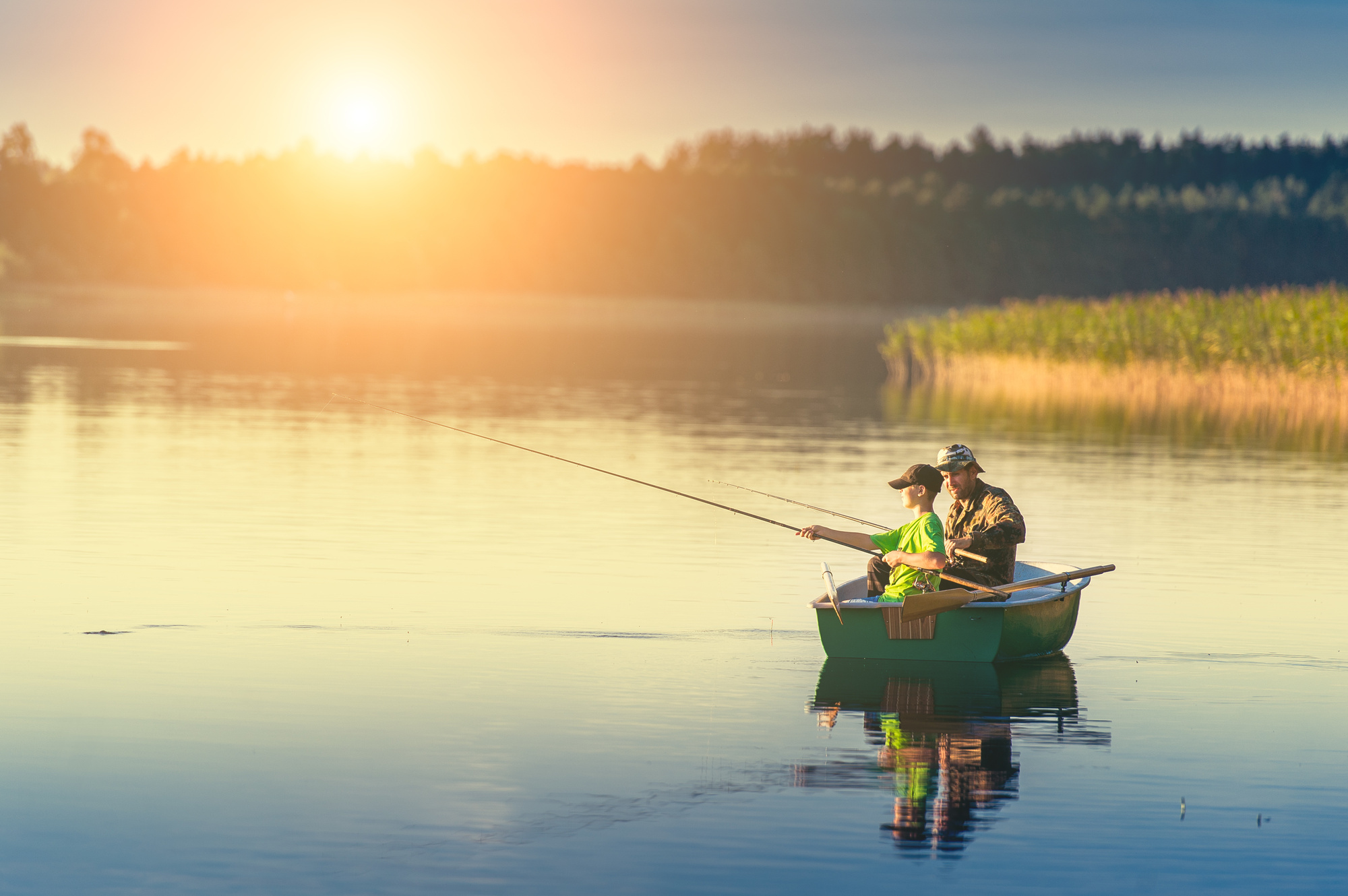Traveling Off The Beaten Path? Here’s 10 Pieces Of Camping Gear You Need To Bring With You.

Canadians are avid campers, with more than 9 million households taking trips in the great outdoors every year.
If yours is one of them, it’s essential that you have the right camping gear.
Whether you’re camping in the mountains or by a serene lake, you don’t want to be left without the right supplies. But what are they?
In this post, we’ll tell you. Read on for the most important camping gear to take with you.
Be Prepared with Essential Camping Gear
A great camping trip is all about preparation. Put these items on your list, and you’ll be ready for anything.
1. Tarp
There’s always the chance that the weather could take a turn for the worse. If it does, a waterproof tent might not be enough.
Water can still seep in, making you uncomfortable and damaging your belongings. That’s why you should pack a tarp or two.
If it rains on your parade, you can throw them over your tent or use them to cover the ground. They fold up easily, so will take up hardly any space at all.
2. Flashlight
A flashlight on your phone just isn’t enough.
When you’re camping, you need the real deal. Pack a flashlight, headlamp or a lantern. That way, you’ll never be without a light source.
If you’re on a group trip, you may want to bring all of these things with you. Otherwise, you’ll have to share a single light between you, and that can become frustrating.
3. Multitool
The best camping multitools feature scissors, pliers, corkscrews, bottle openers, hex keys, knives, and even spoons.
When you find yourself stuck in a jam, these little gadgets can be a godsend.
You never know when you might need them, so always keep a multitool with you.
4. First-Aid Kit
A first-aid kit is one of the most important camping gear items you can carry.
When you’re out in the wilderness, it can be hard to get access to medical assistance. That’s why you need to prepare yourself.
Pack a first-aid kit, including band-aids, bandages, rubbing alcohol, a small pair of scissors, tweezers, safety pins, sterile gloves, antiseptic cream, and medical tape.
Without these items, even the smallest cut or scrape can lead to a dangerous infection. If you keep them with you, you can clean and cover any wounds so you don’t have to worry.
It’s not enough just to buy these items. You’ll need to know how to use them, too. Do some research on how to do basic first aid before you set off.
5. Tent
A tent should be one of the first things you cross off your list, but you can’t just buy any old one.
There’s a huge range out there, so you’ll have to shop around to find one that fits your specific needs.
Here are a few questions that you’ll need to ask yourself before you make your purchase.
- How many people are you camping with?
- How much space do you need?
- Which season are you camping in?
- What kind of terrain will you pitch your tent on?
- What’s your budget?
- How much weight can you carry when you’re traveling?
- How often do you expect to use your tent, and for how long?
Once you’ve defined your specifications, do your research to find out what your options are. See more here to find the right one for you.
6. Sleeping Bag
Invest in a good quality sleeping bag.
Otherwise, you’ll struggle to sleep, and your trip won’t be quite as relaxing as you’d planned.
If it gets a little hot, you can always sleep on top of your sleeping bag. On the other hand, if yours isn’t enough to combat the cooler temperatures, you’ll end up struggling to stay warm all night. That can put a real downer on your trip.
That’s why it’s best to get a thicker one, even for spring and summer trips.
7. Water Container
Whether you’re camping out on in the wilderness or at a public campsite, you’ll need to assess the water situation before you go.
Find out if there will be a public source for drinking water where your camping. If not, you’ll have to fill up some water containers to before you set off.
Even if there is, the containers will still come in handy. When you have them on hand, you don’t need to keep going back and forth for water. Instead, you always have a decent supply with you.
This is a matter of safety as well as convenience. If you need to put out a campfire right away, a water container will be the first thing you reach for.
8. Survival Knife
Pocket knives are all well and good, but for some tasks, they’re not quite enough.
For example, if you need to cut a length of rope, gut a fish or chop some wood, they just won’t cut it.
However, with a survival knife in your bag, you’ll be ready for anything.
9. Camping Chair
Sitting on the floor all the time can be bad for your back.
Pack a camping chair, and you’ll be much more comfortable. They’re lightweight and foldable, making them easy to throw in the back of your car with the rest of your gear.
10. Camping Stove
You can’t pre-pack all your food in Tupperware containers. Even if you do, it’s not nice having to eat cold food for every meal of the day.
Bring a camping stove, and you can cook up hot meals for breakfast, lunch, and dinner. Before you buy, thinking about which size and fuel type are best for you.
Prepare for Your Next Adventure
No matter what kind of camping gear you’re buying, it’s essential that you look for the best quality products.
When you’re out in the wild, you need gear you can rely on. If you settle for knock-offs, you could find yourself in trouble.
Buy the best, and you’ll be geared up for a family vacation to remember.
If you’re looking for some inspiration for your next trip, read our list of the 7 best destinations for family trips.



